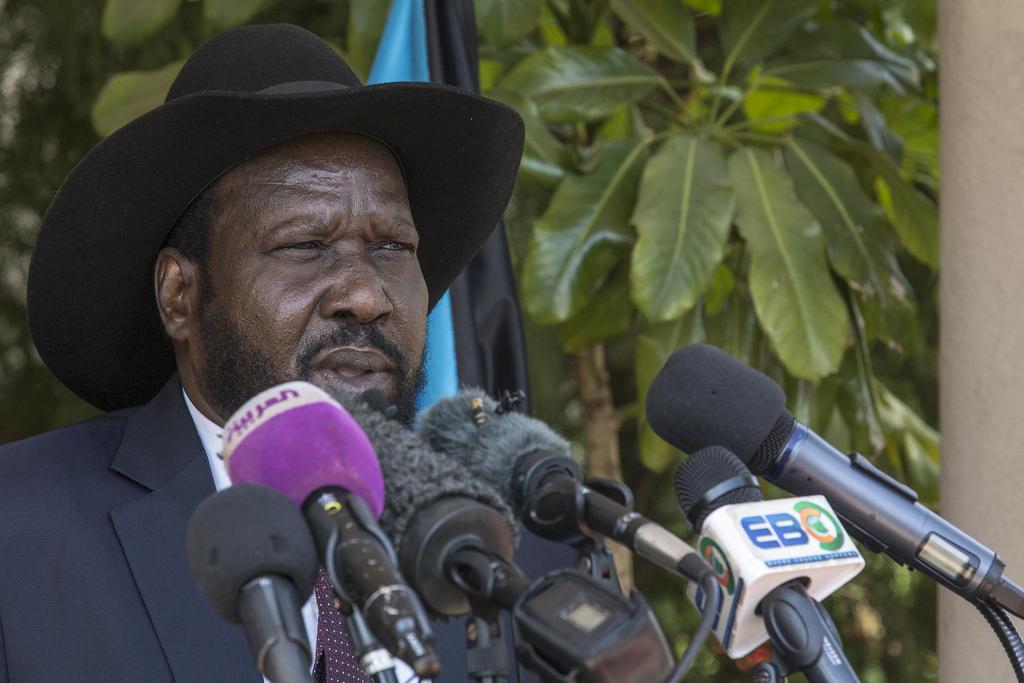This article was written by RVI Fellow Aly Verjee.

On 23 March, British Foreign Secretary Boris Johnson, speaking to the United Nations Security Council, declared: “There can be no real dialogue for as long as South Sudan is ravaged by fighting.”
“All parties must respect an immediate cessation of hostilities,” he said. “As President, Salva Kiir is responsible for taking the first step – and others must follow”.
In his own Security Council remarks, UN Secretary-General Antonio Guterres made a similar call for an immediate cessation of hostilities.
Two days later, the South Sudanese government duly responded. At a meeting of regional leaders in Nairobi, Kiir declared that his government was to “announce a unilateral ceasefire and grant amnesty to those that renounced violence”.
The governments of Norway, the UK and US promptly welcomed the move, expressing their “strong support” for the “recent calls on all armed parties, including the Government of South Sudan, the Sudan People’s Liberation Movement in Opposition, and other armed groups, to commit to a ceasefire.”
However, despite Kiir’s announcement and all its international backing, violence continues across South Sudan. From Pajok in the far south to Wau in the northwest, the proclamation of a national ceasefire has done little to stop civilian populations being indiscriminately targeted, leading to widespread misery and further displacements.
…



